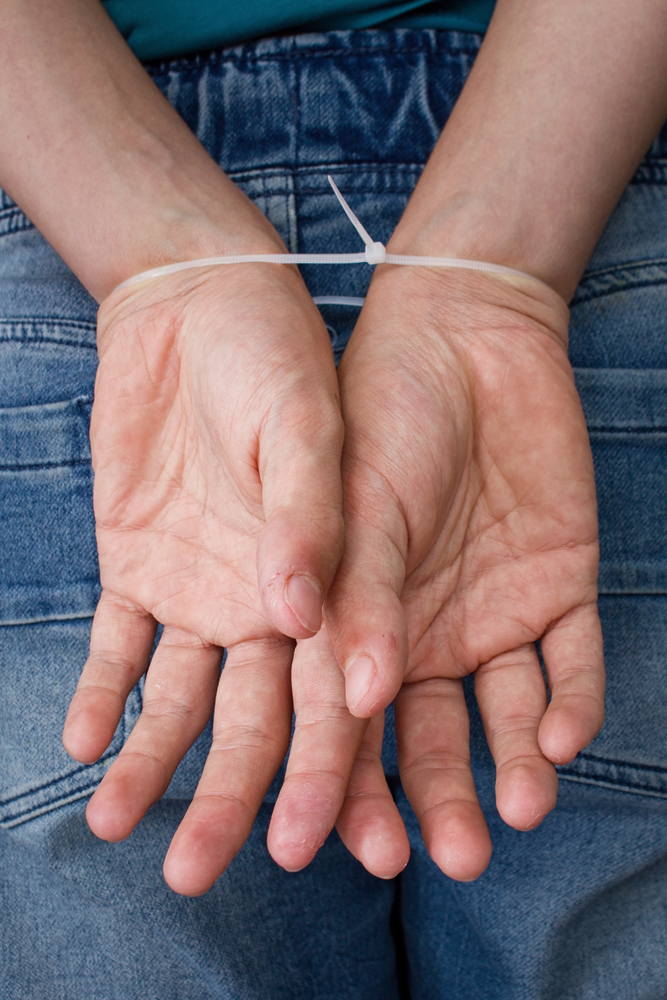Most reach for water to rehydrate, but in most cases that�s not enough to quickly and properly rehydrate you. Water doesn�t have enough electrolytes and/or vitamins to replace the electrolytes and vitamins lost due to dehydration. Alcohol blocks the release of the hormone vasopressin, or antidiuretic hormone (ADH). So antidiuretic hormone literally means a hormone that keeps you from peeing. Acetaldehyde is a metabolic byproduct of alcohol consumption (we talk about it on our technology page for good reason).
Drinks that contained electrolytes�milk and oral rehydration solutions, for example�were more hydrating after two hours compared to water. [6] In other words, subjects peed less relative to their fluid intake two hours after consuming these drinks compared to water. Such effects aren’t always immediate, however, and issues can and often do build over time. In this way, it’s believed that alcohol use is one of the few depressants that can lead to depression in some users when consumed in high amounts. “Persistent heavy drinking, particularly alcohol use disorder, increases the risk for depression,” Krystal says.
What Are the Immediate and Long-Term Health Benefits After You Stop Drinking Alcohol?
Alcohol consumption causes dehydration because it removes the necessary water from the body. The body needs its makeup of water along with the recommended daily amount. When alcohol is consumed, the necessary hydration is affected. With every alcoholic beverage, more internal water is soaked up. A recommended amount of alcohol is about one drink for women a day, and two drinks a day for men. Although, no consumption of alcohol is the best way to prevent dehydration and other illnesses.
You may feel like you are simply urinating out the excess water you are drinking. “Alcohol inhibits the release of vasopressin, or ADH, the antidiuretic hormone,” says San Diego-based Taylor Graber, MD, https://trading-market.org/art-therapy-for-drug-alcohol-addiction-recovery/ a resident anesthesiologist at the University of California San Diego. “ADH helps your kidneys hold onto water. The less ADH, the more you urinate. The more you urinate, the more dehydrated you become.”
Drink an electrolyte solution or sports drink
Children under the age of 5 should get plenty of fluids to avoid dehydration. Drinking fluids regularly can reduce the risk of dehydration. If you take diuretics, antacids, laxatives and blood pressure medication, they may be designed to flush water and electrolytes out of your body. Vomiting, sweating and having diarrhea can each cause a loss of fluids. So, you�ve been trying to drink more water, but you�re still feeling dehydrated. This can be from not drinking enough water or when you lose water quickly from sweating, vomiting or diarrhea and don�t match the losses.
What Happens to Your Body When You Drink Beer Every Day – EatingWell
What Happens to Your Body When You Drink Beer Every Day.
Posted: Sun, 26 Feb 2023 08:00:00 GMT [source]
Dehydration is also a big part of why you get a hangover after drinking too much. Dehydration can affect multiple bodily functions and cause a wide range of symptoms. She goes on to explain these nutrients also help you retain fluids, https://trading-market.org/uk-construction-dives-amid-housebuilding-slump-and/ while chugging a bunch of water will cause much of it to pass through your system without properly rehydrating you. Acetate and other waste products are then removed from the body as carbon dioxide and water, primarily through lungs.
A Protonated Primary Alcohol (Alkene)
So don�t mix your alcohol with these or drink them between alcoholic beverages. For example, exercising while drinking can lead to greater dehydration due to increased sweating. Similarly, taking certain medications, such as diuretics or antihistamines, can exacerbate alcohol�s dehydrating effects. Alcohol-induced dehydration is more likely to occur if an individual drinks alcohol on an empty stomach or does not drink enough non-alcoholic fluids while consuming alcohol. People who are already at risk of dehydration should avoid or limit their alcohol consumption.
- The rates differ for the primary, secondary, and tertiary alcohols.
- While treating AUD and quitting alcohol should help many skin conditions clear, a person may need to continue treating other underlying conditions, such as liver disease.
- As a chemical, caffeine increases production of urine, which means caffeine is a diuretic.
- Dehydration can increase the risk of heat stroke, especially when combined with exposure to hot and humid environments, such as in a crowded bar or nightclub.
- Consumption of alcohol affects the function of fluids throughout the body.
When you wake up, this can lead to some negative effects of dehydration. Liquor and wine also have a higher amount of alcohol by volume (ABV) than beer, contributing 254 Massachusetts Sober Living Homes Transitional Living MA to a potentially greater risk of dehydration from these beverages. The effects of dehydration, moderate alcohol consumption, and rehydration on cognitive functions.
Drink more water
If you experience any of these symptoms, seek medical attention immediately. Dehydration can be dangerous and even life-threatening if left untreated. Interestingly, studies have shown that people over 50 overcome the suppression of ADH from alcohol more quickly than their younger counterparts.
